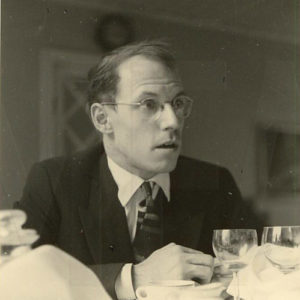Last spring, I took PHI 203: Introduction to Metaphysics and Epistemology. I had never taken a philosophy class before in my life, and in the beginning it was difficult to wrap my head around the theories brought up in the readings and precept, let alone execute a coherent argument in a paper. Throughout the course, I learned a lot not just about the theories and arguments in philosophy, but about the distinct style of philosophical writing itself. In drafting the papers, I realized just how different writing a philosophy paper is compared to writing papers in other humanities and social science disciplines. This post contains some tips on how to approach a philosophy paper for those unfamiliar with the field:
Continue reading Tips on Writing a Philosophy Paper for Non-Philosophy MajorsGraduate Student Reflections: An Interview with Jonathon Catlin
This semester, in our spring series, PCURs will interview a graduate student from their home department who either is currently a graduate student at Princeton, or attended Princeton as an undergraduate. In Graduate Student Reflections: Life in Academia, interviews with graduate students shed light on the variety of paths one can take to get to graduate school and beyond, and the many insights gained along the way from research projects and mentors. Here, Rafi shares his interview.
~~~~~
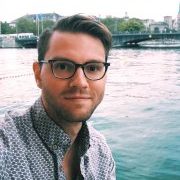
Jonathon Catlin is a second-year Ph.D. student in the Department of History, focusing on intellectual responses to the Holocaust. Before beginning at Princeton, he earned his B.A. from the University of Chicago in Jewish Studies and Fundamentals: Issues and Texts and his M.A. in philosophy from KU Leuven in Belgium. A few days ago, I sat down with him in Chancellor Green café to hear about his research journey and some of what he’s learned along the way.
How did you arrive at your current research topic?
I was a junior in high school and, for whatever reason, I decided to take a course called “The Holocaust in History, Literature, and Film” at Harvard Summer School. Why I chose it I don’t know, but the rest is history. Holocaust representation and its intersections with philosophy, religion, literature, film — all in a sort of historical context — is essentially what I’ve been working on for about eight years now, bouncing around multiple disciplines.
My dissertation is hopefully going to be on the concept of catastrophe in modern European thought – a project I’ve been working on since my first year of undergrad. I guess the newest thing for me about coming to Princeton is that I’m in a history department now, which is just totally different than the interdisciplinary humanities focus that I was used to.
Continue reading Graduate Student Reflections: An Interview with Jonathon Catlin
Why Do We Research?
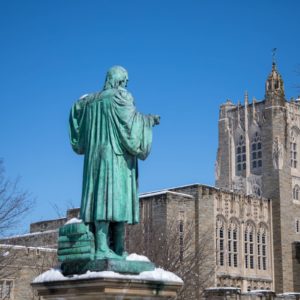
If you are reading this post, you are likely involved in research. Unsurprisingly, I am too. Yes, I’ve spent my fair share of long nights on the A floor of Firestone, reviewing sources and tightening up arguments. This week, I’m embarking on a new history research paper about the evolution of Native American spirituality from the 1830s to the 1890s, which I anticipate will take a fair amount of time. Reflecting on the work I have ahead got me thinking, why am I doing this in the first place? In fact, why do any of us research?
This question can really be broken into two parts: “What do we hope to achieve from our research?” and “What motivates us to conduct our research?” We think about the first question often, because in the academy, we have to justify what we’re doing to our professors, to funding boards, etc. And in lots of research, one’s answer to the first question informs their answer to the second. Certain biologist friends of mine, for instance, study lab rat carcasses in the hopes of better understanding tumors, with the inspiring goal of curing cancer. In cases such as this, the aim of a project is to arrive at something with a concrete application so marvelous that it motivates the researcher to come to the lab each morning.
Continue reading Why Do We Research?
What I Learned from Reading Foucault’s Early Work
Until recently, I hadn’t reflected on the fact that what we read for class is carefully curated. As we all know, our professors dedicate immense amounts of time to selecting and refining the list of readings for our courses. Ideally, these readings reflect the essential sources on a particular subject. However, as with any selection process, the developing syllabus is filtered through certain ideological and methodological biases, not to mention the practical constraints of the course.
In my experience, professors tend to be transparent with their students about this curatorial process. In class, we often discuss why certain scholars were selected over others, and receive recommendations for further reading. Yet, I don’t often reflect on these selected works of scholarship in the context of their authors’ personal intellectual evolution.
When selecting secondary sources, professors typically choose a scholar’s most established works and arguments. With such limited time to cover material, our semesters only have space for “greatest hits.” These works tend to articulate coherent ideas, argue something new and critically important, and reflect a consistent methodology. Often, they’re masterpieces of scholarship.
Continue reading What I Learned from Reading Foucault’s Early Work
Lessons from Princeton’s Day of Action
Over the past few months, students and academics across the Princeton campus community have been reckoning with the new reality of America under the Trump presidency. To encourage productive post-election dialogue, the Princeton Citizen Scientists sponsored a Day of Action last Monday, March 6th. The Day of Action brought together hundreds of students, faculty, and community members for dialogue with teach-ins on topics ranging from Intersectional Activism to Science in the Public Sphere. Local organizations like the Citizens Climate Lobby and the Coalition for Peace Action also tabled for the event.
My involvement with the Day of Action began early in the morning, as I was walking to class when I noticed a woman carrying a large basket of books and pamphlets near my room. We chatted on our way to Frist, where she was tabling with Showing Up for Racial Justice (SURJ), a national network that organizes white people to fight with multi-racial minorities for social change. After I showed her to the campus center, I cocooned myself in a library to prepare for my own teach-in at the Day of Action, “Making Political Disagreement Productive: Mitigating Confirmation Bias.”
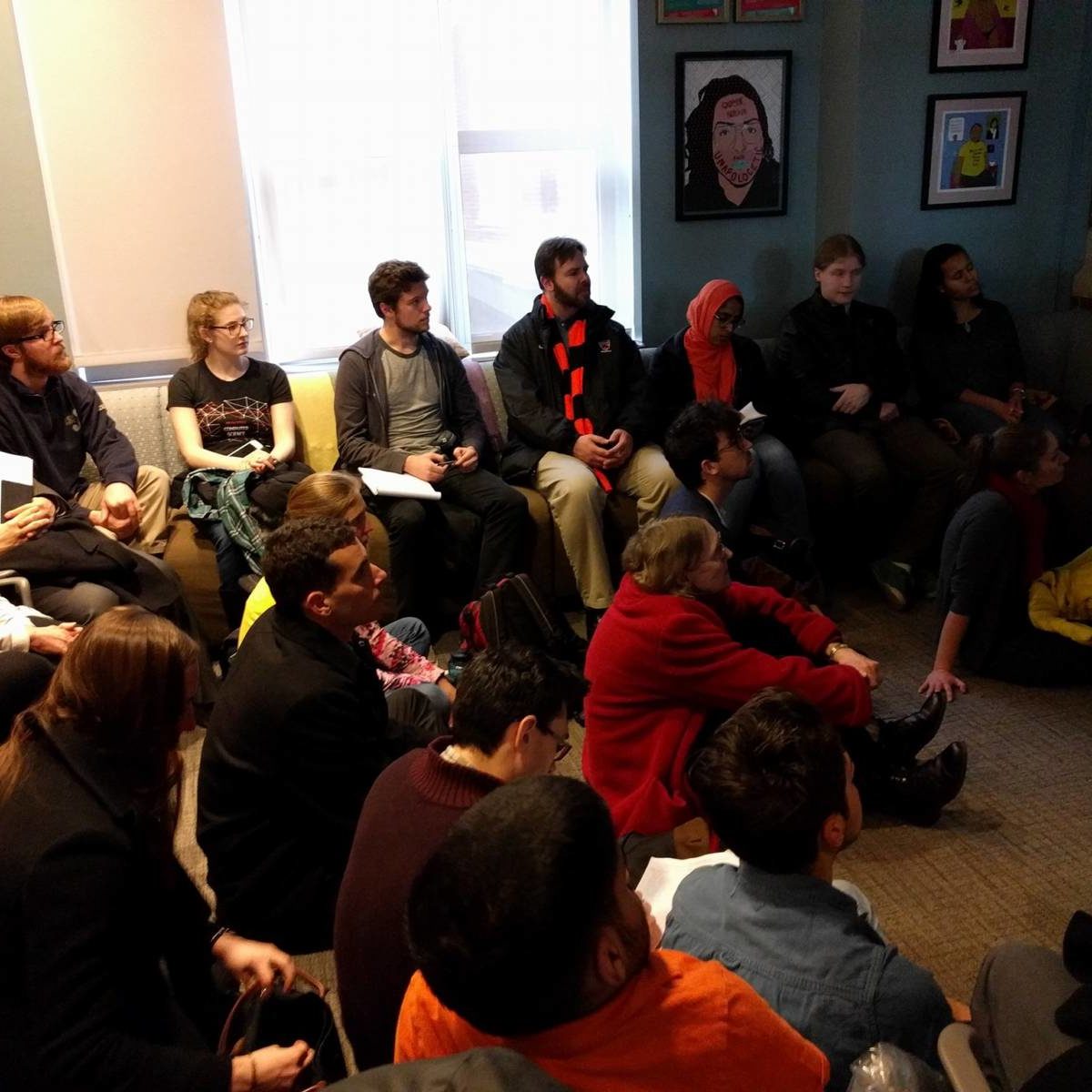
My teach-in was the first time I had presented my thesis to a public group. The motivation? Partisan antipathy and political polarization has doubled among both Democrats and Republicans, with about forty percent of members of each party reporting “very unfavorable” opinions of the other. Polarization exacerbates unproductive political disagreement, as partisans succumb to confirmation bias and immediately discount positions counter to their own. I presented lessons from psychology and philosophy to explore the causes of, and possible mitigants to self-serving political bias.
Sharing space on the Day of Action program with names like Cornel West and Max Weiss, I expected only a handful of people at most to attend my teach-in. I was stunned–and happy– when I entered the room to find a full audience of students, professors, and community members. During my ~20 minute presentation, I was interrupted often by questions. When I couldn’t come up with answers, I found new angles to examine my own work from.
The discussion flowed freely after my talk. People from Tennessee and Missouri shared personal stories and advice about engaging with their family members about politics. A conservative student and a liberal professor of Religion had a wonderful exchange about the need to reach across the aisle to those from the other side who are willing to listen. A Princeton resident alerted me about a political discussion project in the town library, and another student pointed me to a book that I’ve since found helpful in my work. My experience at the teach-in embodied the collective knowledge-sharing that the organizers of the Day of Action were aiming for.
I left the room buzzing with energy and thankful that I had decided, on a whim, to participate in the event. I had spent so long discussing my thesis only with a few professors and friends that I had not realized how valuable publicly presenting it could be for my thought process and motivation. Seeing my academic research received with such enthusiasm in a collaborative environment reaffirmed my desire to continue pursuing the offshoots of my thesis work after graduation. Consider presenting or participating in a future Day of Action or finding other ways to showcase your academic work on campus too, like the annual Princeton Research Day each spring.
— Vidushi Sharma, Humanities Correspondent
Looking Back on Undergraduate Research: Lindy Li ’12 from Philosophy to a Career in Politics
This semester, each PCUR will interview a Princeton alumnus from their home department about his/her experience writing a senior thesis. In Looking Back on Undergraduate Research: Alumni Perspectives, the alumni reveal how conducting independent research at Princeton influenced them academically, professionally and personally. Here, Vidushi shares her interview.
~~~~~~
Lindy Li ‘12 is a familiar name for many students on our campus. A philosophy major who served as USG Class President for all four of her years at Princeton, Lindy Li ran for Congress in 2016 at the age of twenty-four. When we chatted on the phone as part of this semester’s seasonal series, I was struck by her genuine enthusiasm and the way she has woven lessons from her undergraduate research in philosophy into her current career in politics.
Here’s what I learned:
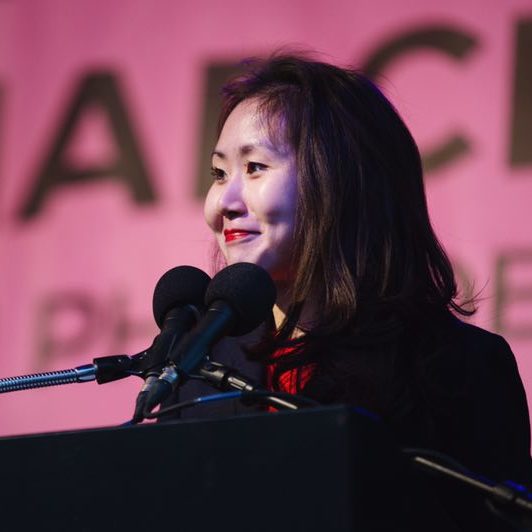
Graduate Seminars: Why Not?
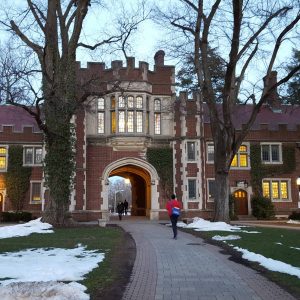
This semester, I took my first graduate seminar in philosophy–Rationality & Irrationality with Professor Thomas Kelly. I went into the class without any knowledge of epistemology and some apprehension about my meager philosophical background compared to other students.
At the same time, I wanted the challenge and growth opportunities of an environment where students were fully invested in the material and subject matter covered. As a senior, I also wanted to see if I would want to pursue graduate work in philosophy. So, I swallowed my hesitations and enrolled.
Deconstructing Gender-based Myths of “Innate Brilliance”
I excelled in math in high school, rising to the top of the tiered class track and dabbling in multivariable calculus before college. I, however, immediately and subconsciously faltered in confidence when I reached Princeton. I was deterred from trying a proof-based math class by the thought that these were only for “math people” – students who had excelled in extracurricular math competitions from a young age or who already had exposure to “real math” beyond AP calculus. The kinds of students, who, when presented with a problem, could scribble across a blackboard and find the answer with a spark of genius.
That student wasn’t me, and so I decided that I must not be a “math person.” I still took college math, but instead of enrolling in a proof-based class, I pushed through Math 201 (multivariable calculus) and 202 (linear algebra), required courses for engineers. The exams were still notoriously difficult, and it wasn’t unusual for average scores to hover around 65%. This seemed to me like a strategy the department used to allow it to separate star students from “the rest of the pack.” Linear algebra during my freshman spring was the last math class I took in college.
Three years later, I’m studying philosophy – a subject with gender ratios comparable to mathematics. Many people know about the lack of females in STEM departments, but this issue slips under the radar in fields like philosophy and music composition. Philosophy professor Sarah-Jane Leslie’s research helps connect the dots.
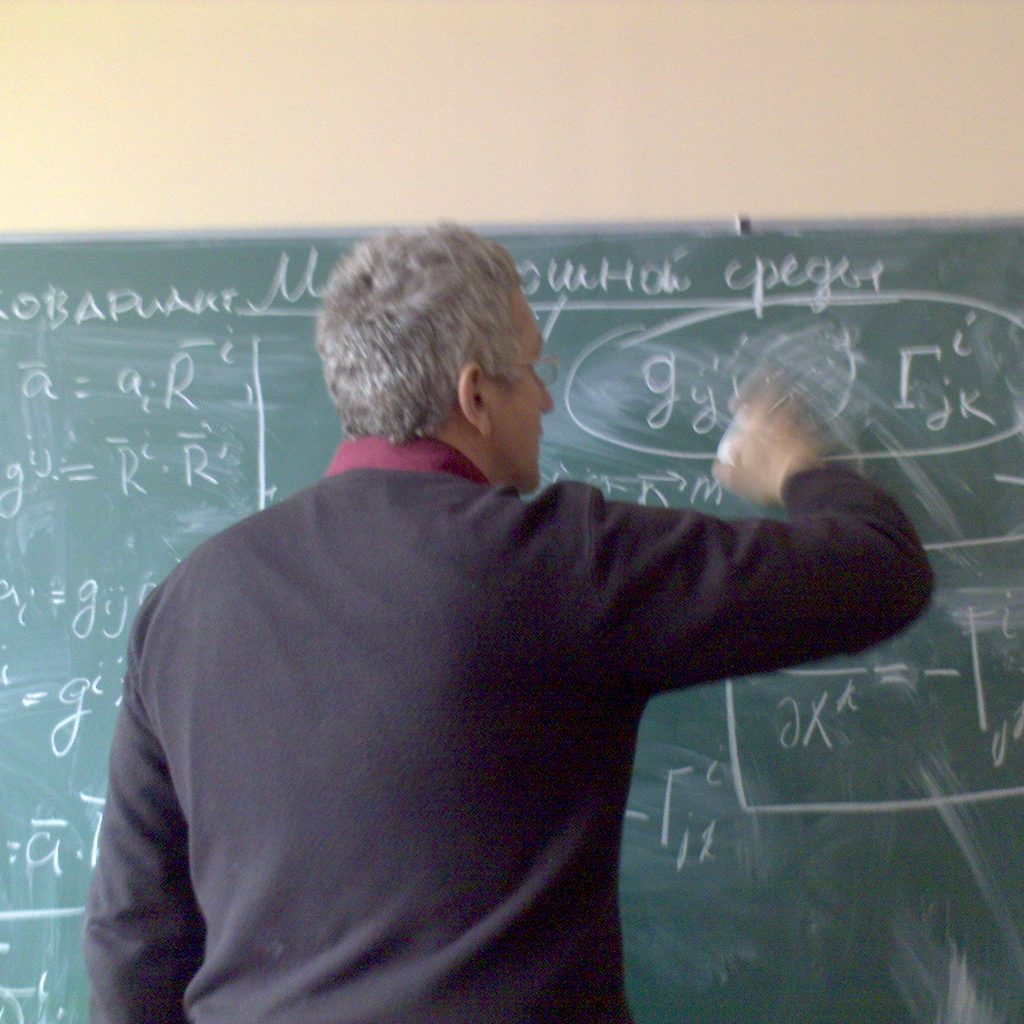
Continue reading Deconstructing Gender-based Myths of “Innate Brilliance”
Unpacking Career Binaries: Life Beyond the Orange Bubble
As I write, I’ve just finished my first real job as a summer analyst for PRINCO, the company charged with investing Princeton’s endowment. Being a rising senior, I’ve enjoyed many inevitable conversations with friends, colleagues, and family that start with the innocuous What are you studying? and soon progress to my plans after graduation.
Upon hearing my decision to intern at PRINCO, many friends and family members were incredulous. How could someone like me be interested in investing? I felt dangerously close to being judged a “sell-out,” someone who was abandoning her passions to climb a ladder of wealth and ambition.
Their dismissals, however, weren’t all that new. I’ve sensed the same judgements from others who discover that I major in the “impractical” field of philosophy–what an idealist! Both these judgements can be as chafing as they are simplistic. As a result, I often tailor my answers about my post-graduation plans to who, exactly, is asking. I alternate between saying I plan to explore graduate study in philosophy, or build my business experience while pursuing projects in educational entrepreneurship. In truth, I would love to do both.
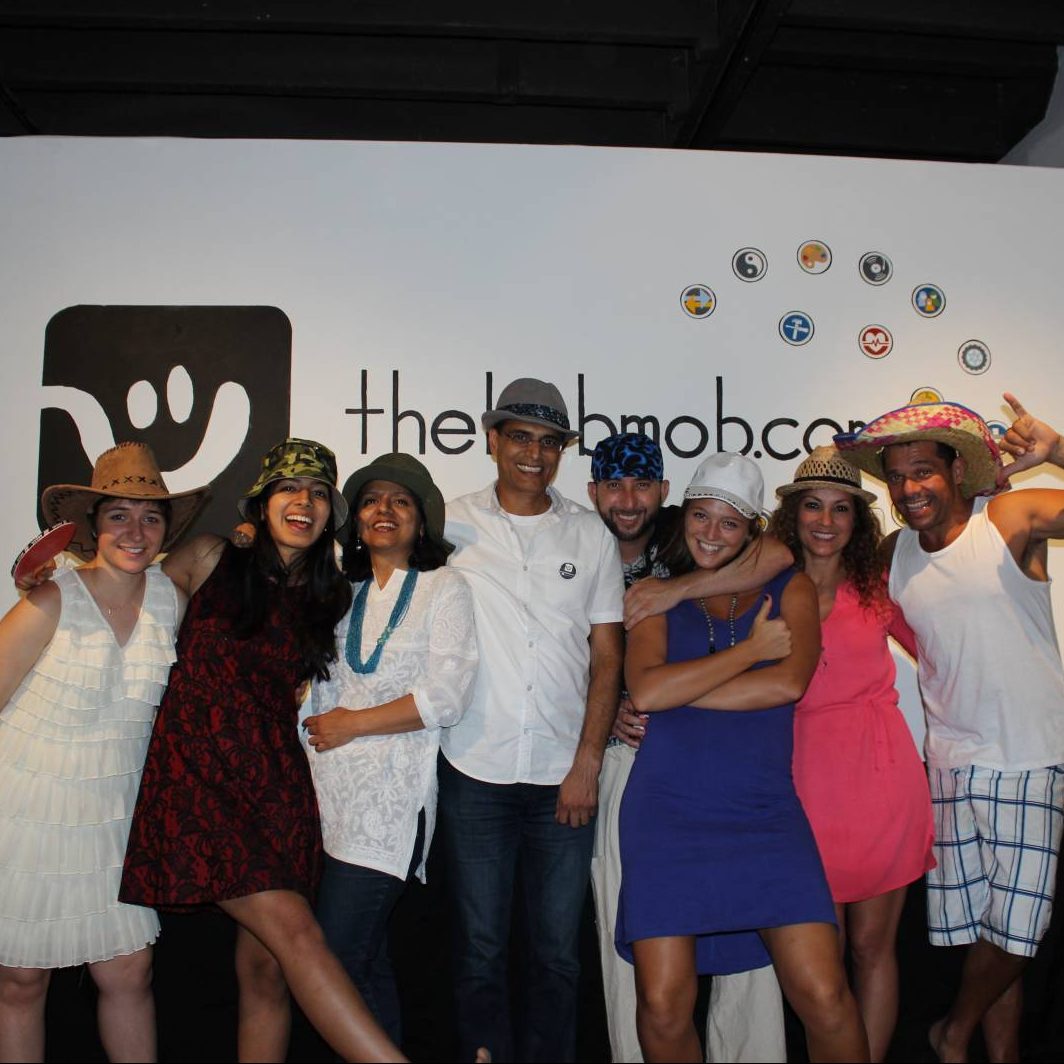
theHOBMOB team and friends at the event! Cid is on the far right.
Continue reading Unpacking Career Binaries: Life Beyond the Orange Bubble
Finding a Home for my Independent Work Abroad
Abroad this semester at the University of Otago, my independent work has felt far from home.
Before leaving Princeton, I talked to my fall JP adviser about how to expand my fall paper, and had a few meetings with my spring adviser. Once I arrived in New Zealand, however, life became a whirlwind of flight transfers, international orientation, and a packed introduction to my new home.
In the midst of all this, I had underestimated how much harder it would be to coordinate with professors at Princeton from a timezone sixteen hours away. Communication suddenly slowed down to a snail’s pace–instead of walking into someone’s office, I found that it could take anywhere from days to weeks to go from one email to the next.
It was discouraging and unexpected. My fall JP had gone as well as I could have hoped. My topic was new and exciting, and my semester was full of stimulating conversations with professors and graduate students (during office hours and even over email from overseas). By the end of the writing process, I felt that I had made a non-trivial contribution to philosophical literature, even as a third-year university student. Abroad, however, I found myself torn between exploring a new place and having to piece together advice from various emails to create a plan for my JP.
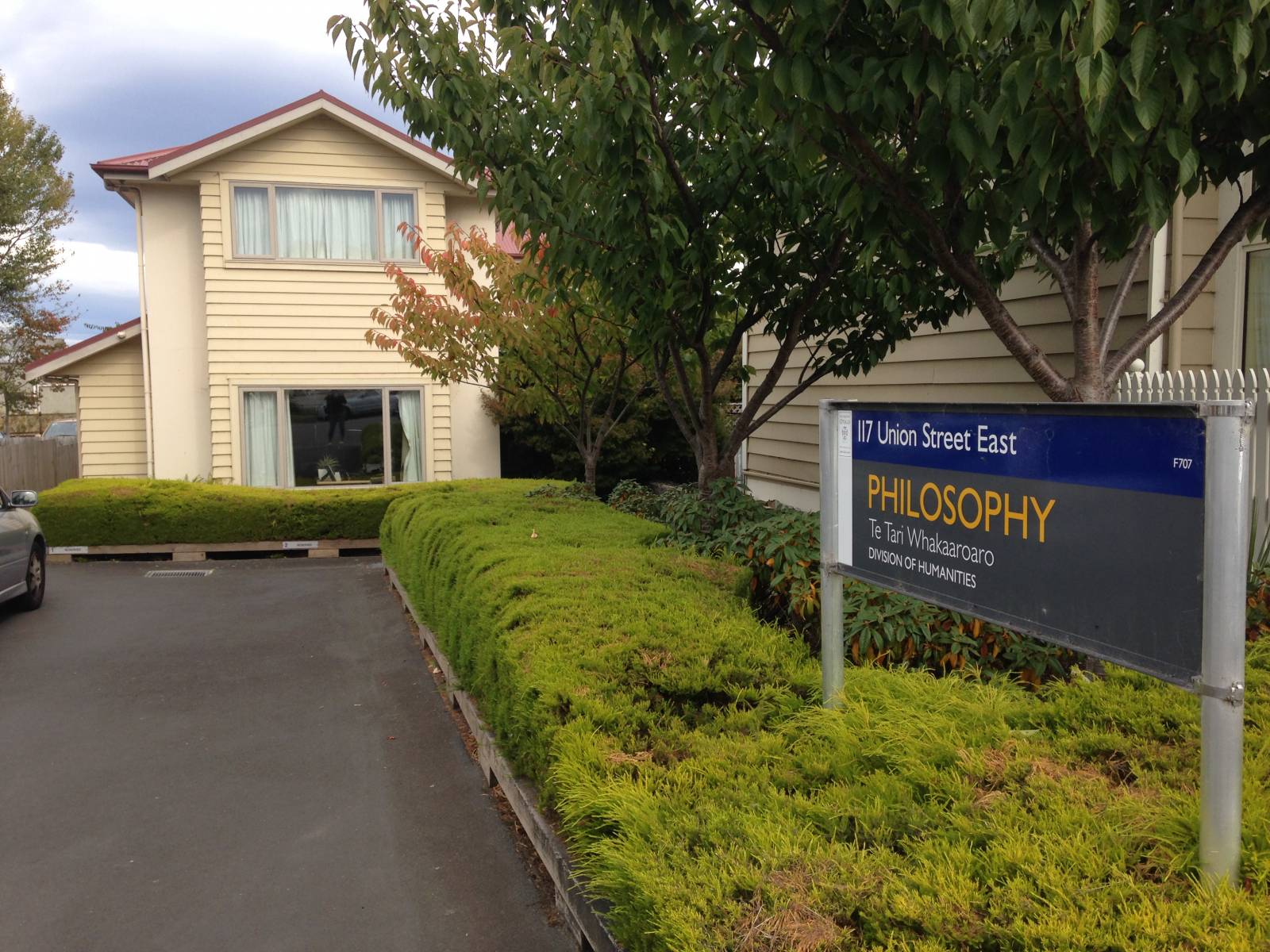
Continue reading Finding a Home for my Independent Work Abroad


